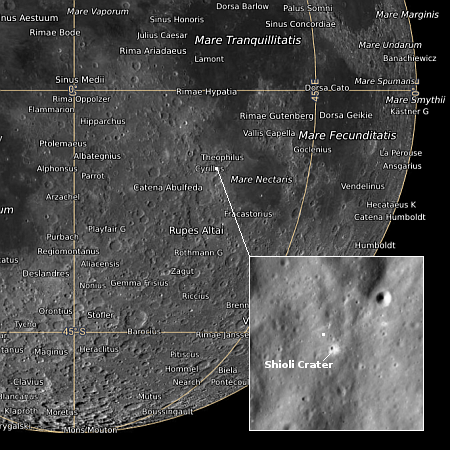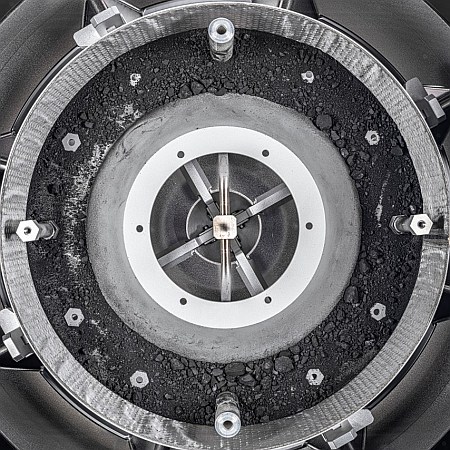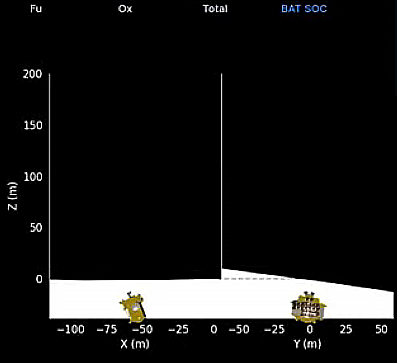Ingenuity team confirms the helicopter is healthy
In a slightly more detailed status update today, the engineering team that operates the Mars helicopter Ingenuity has confirmed that the helicopter is healthy and apparently undamaged after its 72nd flight.
During that last flight, a vertical up-and-down hop to allow communications with the helicopter and thus obtain better information as to its status and location, contact was lost as Ingenuity descended to land.
On Saturday, Jan. 20, communications were reestablished between Ingenuity and NASA’s Perseverance rover. The Ingenuity team has determined the helicopter is power-positive and is sitting vertically on the surface. Next steps include running further diagnostic checks, commanding Ingenuity to take photos of its location on the surface, and performing a spin test.
It is still unclear if full communications have been restored. Ingenuity must be within line-of-sight of the rover Perseverance for this to happen, and it appears that still might not be so. During its 71st flight the helicopter landed prematurely in an unexpected spot, apparently limiting communications significantly. The 72nd flight was likely to locate it more precisely and gather data.
In a slightly more detailed status update today, the engineering team that operates the Mars helicopter Ingenuity has confirmed that the helicopter is healthy and apparently undamaged after its 72nd flight.
During that last flight, a vertical up-and-down hop to allow communications with the helicopter and thus obtain better information as to its status and location, contact was lost as Ingenuity descended to land.
On Saturday, Jan. 20, communications were reestablished between Ingenuity and NASA’s Perseverance rover. The Ingenuity team has determined the helicopter is power-positive and is sitting vertically on the surface. Next steps include running further diagnostic checks, commanding Ingenuity to take photos of its location on the surface, and performing a spin test.
It is still unclear if full communications have been restored. Ingenuity must be within line-of-sight of the rover Perseverance for this to happen, and it appears that still might not be so. During its 71st flight the helicopter landed prematurely in an unexpected spot, apparently limiting communications significantly. The 72nd flight was likely to locate it more precisely and gather data.














